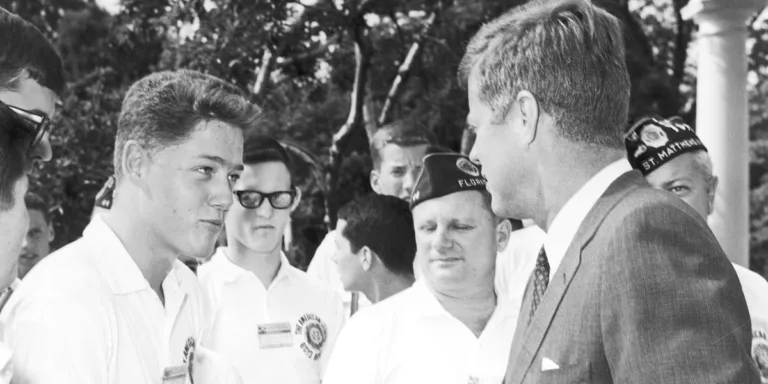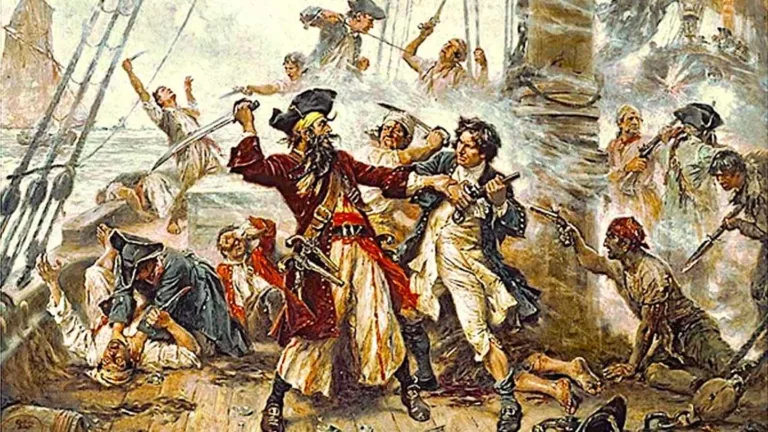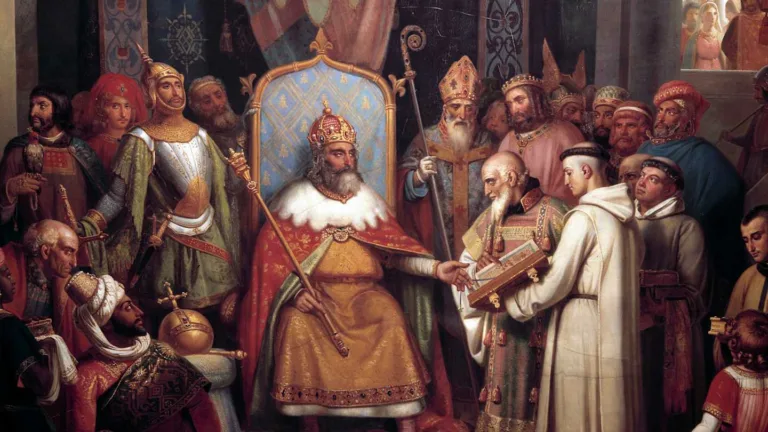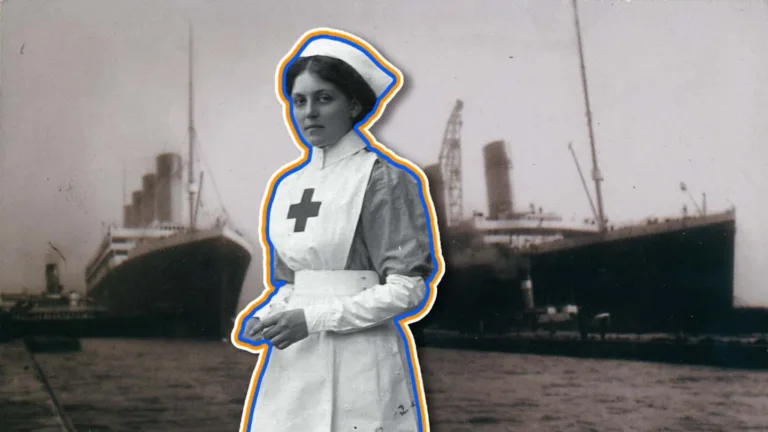Politics can be a messy business, and sometimes the most unexpected events can have a huge impact on a campaign. Take, for example, the story of Richard Nixon and his younger brother Don’s chain of Nixon Burgers. In the 1950s, these restaurants were all the rage in California, but as with any restaurant business, things weren’T Always Smooth Sailing. Facing financial difficulties, Don took a risky step – he borrowed a hefty sum of money from none other than Howard Hughes, the legendary Hollywood mogul and aviation tycoon.
Now, this loan might seem like an Innocuous Business Deal, but it would soon become a major headache for Dick Nixon as he ran for president in 1960. You see, Nixon’s political opponents were quick to pounce on this connection, claiming that Hughes held undue influence over the Nixon family and suggesting that a presidential win would be nothing more than a favor from Hughes. They didn’T Just Whisper These Suspicions; they shouted them from the rooftops, turning the loan into a national scandal known as The “nixonburger Scandal.”
Imagine being on the campaign trail when suddenly everyone is chanting about Nixon burgers and fortune cookies with Messages About Your Brother’s debt! That was Nixon’s reality during that tumultuous election year. Despite his efforts to downplay the situation, the scandal undoubtedly cast a shadow over his candidacy and contributed to John F. Kennedy’S Eventual Victory.
The Nixonburger Scandal Unfolds
The media, always hungry for a juicy story, had a field day with The Nixonburger Scandal. Newspapers ran front-page articles detailing the loan, cartoons depicted Nixon as a puppet controlled by Hughes, and late-night talk shows were filled with jokes about burgers and political influence. The public was captivated by this seemingly bizarre tale of family business and high-Stakes Politics.
It wasn’t just the headlines that caused a stir; it was also the way ordinary People Reacted. During Nixon’s Campaign Stops, he was often met with signs referencing the scandal. Imagine being on stage, trying to deliver a serious speech About National Issues, only to be bombarded with chants of “Nixonburger” and hecklers waving fortune cookies with Messages Like “Eat Your Words, Nixon!” It must have been quite embarrassing for him, to say the least.
This widespread public awareness just highlighted how effectively the opposition had turned the loan into a potent political weapon. The scandal became a symbol of everything they thought was wrong with Nixon – His Connections To Wealthy Elites, his willingness to play dirty politics, and his lack of transparency.
A Campaign Strategy Backfires
While the Nixonburger Scandal certainly tarnished Nixon’s image and likely influenced voters, it wasn’t the sole reason for his Electoral Defeat. John F. Kennedy ran a charismatic and energetic campaign that appealed to a younger generation of voters. His “New Frontier” message promised progress and change, which resonated with many Americans who were eager for a fresh start after years of Cold War tensions and economic uncertainty.
However, it’s hard to ignore the impact the scandal had on Nixon’s Overall Campaign Strategy. The constant media scrutiny and public ridicule forced him to spend valuable time and resources defending himself against accusations that he was beholden to Howard Hughes. This arguably diverted attention from his policy proposals and prevented him from focusing on articulating a clear vision for his presidency.
In hindsight, it seems the opposition’s attack on Nixon’s personal finances backfired in a way. By raising such a seemingly trivial matter, they inadvertently gave Kennedy an opening to focus on broader issues that Mattered More To Voters.
 Legend Born in December: Notable Figures Who Shaped History
Legend Born in December: Notable Figures Who Shaped HistoryPublic Perception and the Media’s Role
The Nixonburger Scandal serves as a prime example of how public perception can be shaped by media coverage. What started as a relatively mundane business transaction was transformed into a national controversy through relentless reporting and Witty Commentary. The media had the power to frame the narrative, highlighting the potential impropriety of the loan and emphasizing the connection between Hughes’s wealth and Nixon’s Political Ambitions.
This wasn’T Just About Presenting Facts; it was about crafting a story that resonated with the public. Cartoons, jokes, and even fortune cookies mentioning Nixon Burgers Became Commonplace, demonstrating how effectively the scandal had Seeped Into Popular Culture. The media essentially created a collective understanding of Nixon as someone who was willing to compromise his principles for personal gain, Which Undoubtedly Influenced Voters’ opinions.
In essence, the media acted as a mirror reflecting public anxieties about corruption and power. They amplified existing concerns about political elites and fueled suspicions that Nixon was more interested in serving special interests than the common good. Whether those fears were justified or not, they had a real impact on the outcome of the election.
Examining the Loan’s Impact on the Election
It’s impossible to say with absolute certainty how much The Nixonburger Scandal contributed to Kennedy’s victory in 1960. There were many other factors at play, including the candidates’ personalities, Campaign Strategies, and the broader political climate. However, it’s safe to assume that the scandal played a role in swaying some voters who might have otherwise supported Nixon.
Think about it: every voter has values and priorities, and the scandal likely tapped into anxieties about trust and transparency in government. For those voters, even the perception of impropriety could have been enough to push them away from Nixon. The media’s relentless coverage undoubtedly reinforced these concerns, making it harder for Nixon to convince undecided voters that he was a trustworthy leader.
Ultimately, The Nixonburger Scandal serves as a reminder that even seemingly minor events can have significant consequences in close elections. It highlights the power of public perception and the importance of managing one’S Image Carefully, especially in the age of 24/7 news cycles and social media.
Business Ventures and Political Aspirations
Don Nixon’s burger joint venture was more than just a family business; it represented a common thread woven through the lives of many Americans in the 1950s and 60s. Owning a small business was often seen as a path to success and independence, a way to build something for oneself and contribute to the community. It’s easy to imagine Don Nixon, fueled by ambition and a desire to provide for his family, pouring his heart into making Nixon burgers a household name.
However, this dream collided with Richard’s burgeoning political aspirations in a way Neither Brother Could Have Foreseen. The loan from Howard Hughes, while seemingly innocuous at the time, became a flashpoint when Richard entered the national spotlight. It raised questions about potential conflicts of interest and fueled suspicions about his motivations for seeking public office.
In retrospect, it’s clear that Don’s ambition and Richard’s political ambitions existed in two separate spheres, yet they were inevitably intertwined. The scandal showed how personal lives can become entangled with the public realm, especially when power is at stake. It also highlights the complexities of balancing family ties with the demands of national politics.










